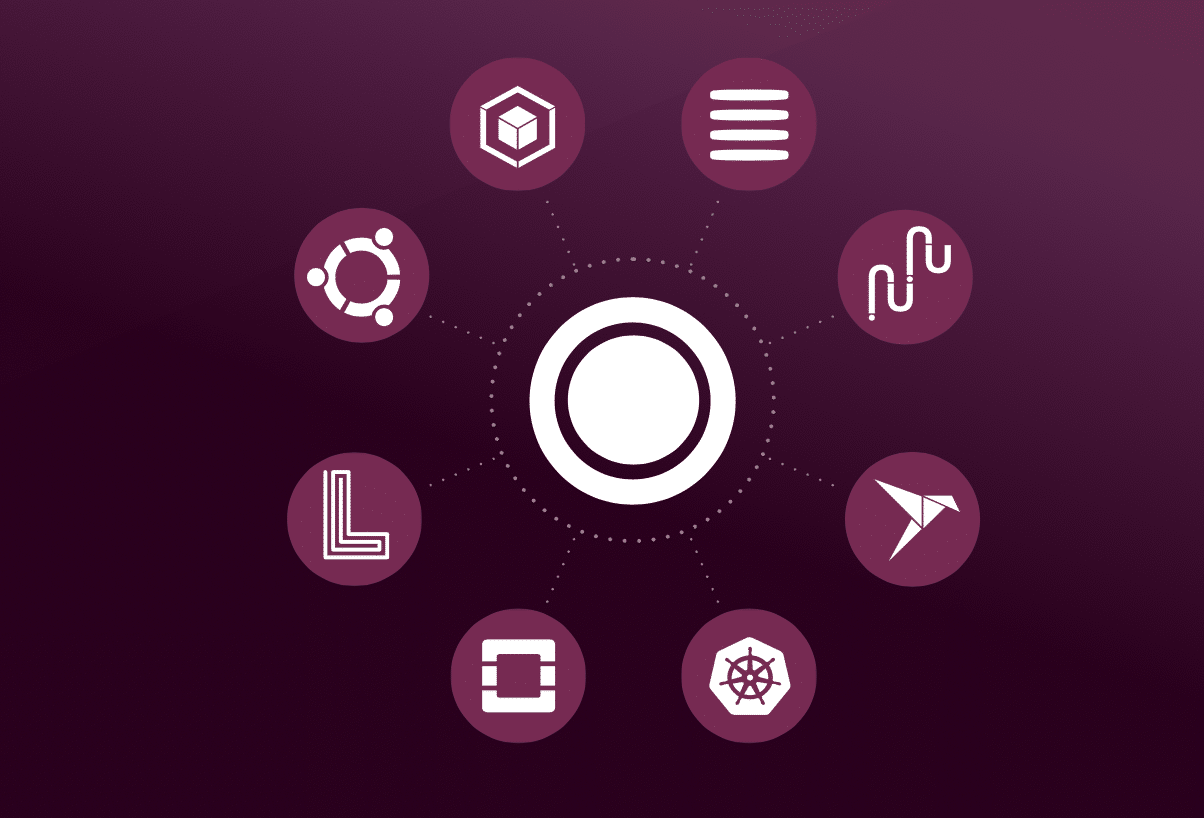Today Canonical, the Ubuntu people, made a fairly large announcement with its Managed Apps. The Managed Apps will allow enterprises to have their apps deployed and operated by Canonical as a fully managed service. The company stated that it will cover ten widely used cloud-native database and LMA (logging, monitoring and alerting) apps at launch on multi-cloud Kubernetes but also on virtual machines across bare-metal, public and private cloud.

The main focus on Managed Apps is to free up DevOps to focus on business-critical needs while Canonical worries about covering workloads running on Ubuntu across Kubernetes, OpenStack, VMWare and the major public clouds. According to Canonical, this can all be done at a predictable cost. Managed Apps may solve another issue as well, the skill gaps that have been emerging in IT.
As part of the service, Canonical will also manage databases including MySQL, InfluxDB, PostgreSQL, MongoDB and ElasticSearch, the NFV management and orchestration application, Open Source Mano, and the event streaming platform, Kafka. Canonical aims to provide app reliability (even at scale), while providing SLAs for uptime, 24/7 break/fix response, as well as monitoring through an integrated LMA stack and dashboard. Canonical Managed Apps also offer full lifecycle management, high availability by default, and high security through Canonical’s managed services that have MSPAlliance CloudVerify certification – which is equivalent to SOC 2 Type2, ISO 27001 / ISO 27002, and GDPR compliance.




 Amazon
Amazon